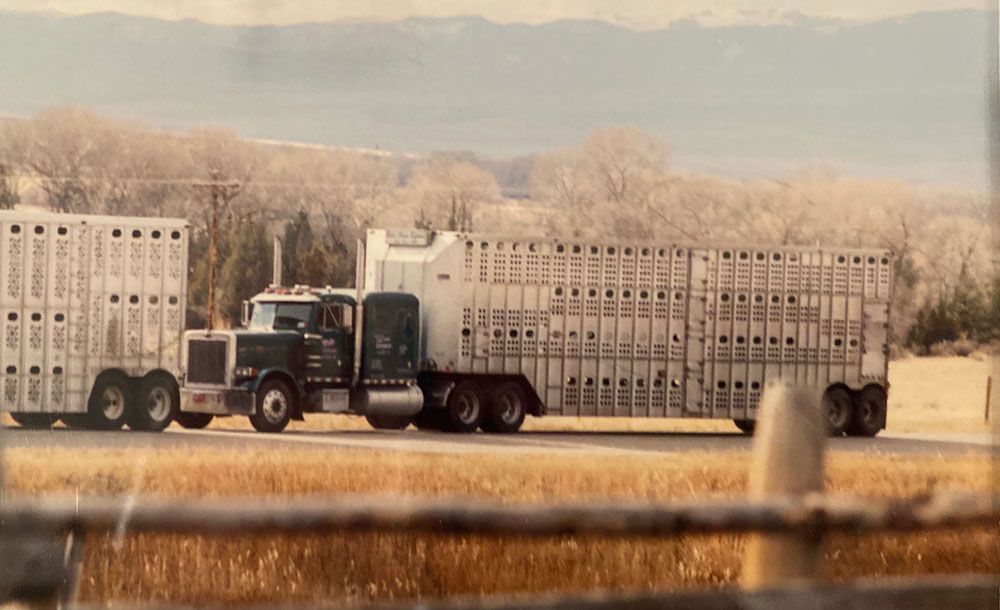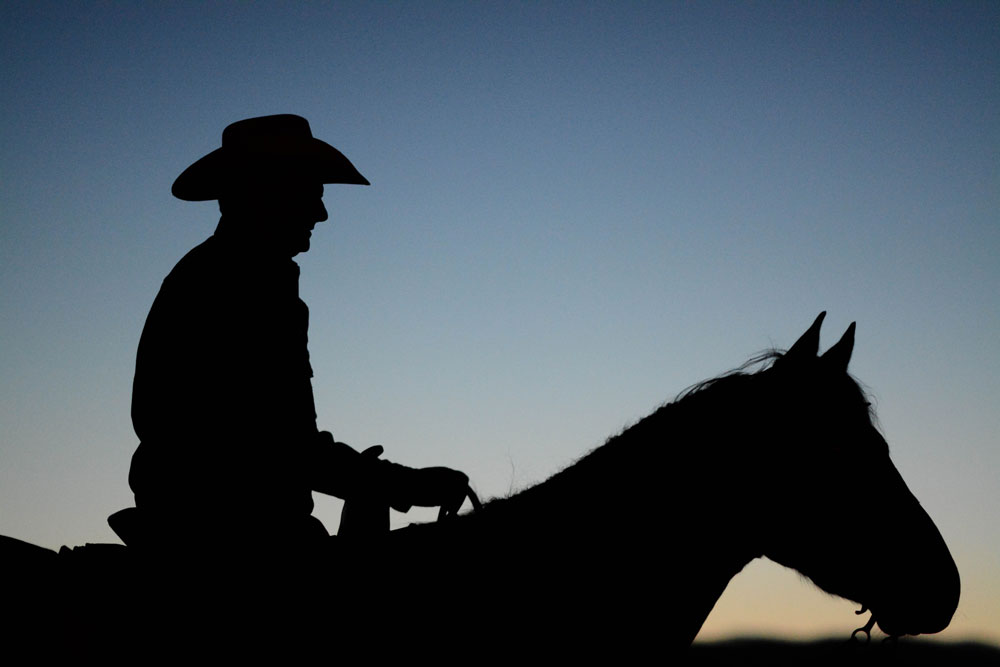
Faith and flexibility
by Miranda Reiman
May 11, 2020
My parents got married in 1980 and bought the farm in ’81. Yet, from all my growing-up years, I don’t have many memories of my dad in the tractor. Instead I see the dark green Peterbilt where he worked long hours to pay for that place we called home.
Though a child of the ’80s, I didn’t know the Farm Crisis with its inflation and skyrocketing interest had an impact on me until much later, when we studied it in high school. I firmly believe that’s because Mom and Dad took care of us first, knowing everything else would follow.
As this worldwide pandemic brings another chain reaction and disruption that seemingly came out of nowhere, I find myself struggling in this career as an ag communicator. It’s not often I don’t know what to say.
Nearly everybody I love the most has income from crops and livestock on their bottom line so I feel personally invested, but I haven’t had any cattle with my name on them for more years than I like to count. So I set out to ask cattlemen what they were feeling and doing now. In trying to find what they needed to hear, I found a lot of hope. I found what I needed to hear.

“You can’t change a drought. You can’t make it rain. You can’t change this market and we can’t do anything about this virus. We just have to take care of ourselves and take care of our people. That’s all we’ve ever done,” one Texas rancher told me.
And isn’t that always the way? Come blizzard or wildfire, personal tragedy or community crisis, that’s what cattlemen do best: they take care of their people and their stock, and face head-on the next thing as it comes.
Talking to those who lived through different versions of disasters again and again, I uncovered more advice on that theme.
“When you’re on a sports team, just because you’re behind at halftime, don’t lose your cool,” one told me. “If you panic, you can’t think. You’ve got to control your emotion.”
I heard cattlemen say they were making plans and being flexible. Some are keeping cattle out to grass longer, they’re slowing down their finishing process and they’re communicating…a lot.

Then I look across this whole food chain, and I find stories with so many similar notes, except they’re taking place in towns and metropolitan Main Streets across the U.S. The world has turned upside down for people who serve beef, too.
After laying off nearly all his staff—something one chef never dreamed he’d have to do—he got out the calculator. Figuring the bare minimum he’d need just to keep the lights on, he turned his barbecue restaurant into a takeout terminal and started filling orders. Anything he made after expenses went to support those furloughed staffers.
Night after night, sales have blown past that minimum. He’s bought thousands of dollars in grocery gift cards to keep food on the tables of people who are used to being the ones putting food on the table.
That chef is taking care of those entrusted to his care. It’s what people in agriculture have always been good at, through all the generations.
It’s what my parents did when the going got rough, and it’s what those seasoned cattlemen advised, too.
“This will pass and we’ll look back and say, ‘Oh, we should have done this, or we should’ve done that…for now we just have to keep doing what we’re doing and do it the best we can.”
They say, “Hindsight is 20/20,” but when looking back on 2020, I hope it shows faith and flexibility carried us through.
Next time in Black Ink®, Nicole Erceg will talk about moving forward.
